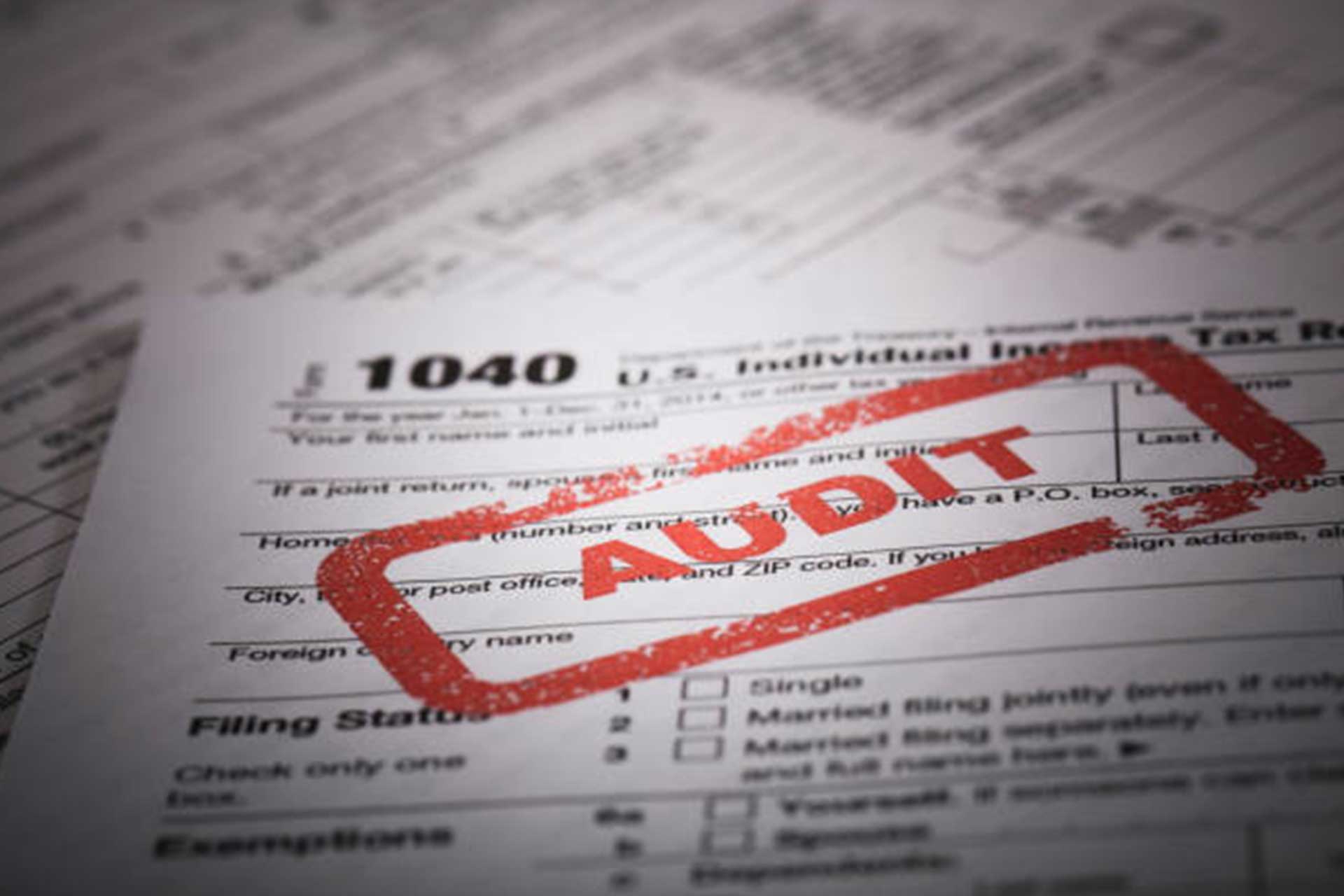No one wants an IRS audit. While the chances of being audited are relatively low for most taxpayers, there are certain actions and reporting patterns that can raise red flags. Here are the most common triggers, and how you can avoid them:
1. Unreported Income
The IRS receives copies of W-2s, 1099s, and other income forms. If you fail to report even a small amount of income (especially from side gigs or investments), it’s a quick way to get flagged.
Avoid it: Keep accurate records and double-check that all income forms are included on your return.
2. Excessive Deductions
Claiming unusually high deductions, especially in relation to your income, can catch the IRS’s attention. This includes large charitable donations, business expenses, or home office deductions.
Avoid it: Only claim legitimate deductions and keep documentation (receipts, mileage logs, etc.).
3. Self-Employment or Cash-Based Businesses
Self-employed individuals, freelancers, and small business owners tend to be audited more frequently due to the opportunity for underreporting income or inflating expenses.
Avoid it: Be cautious with “gray area” deductions.
4. Large Charitable Donations
Donations that seem disproportionate to your income may trigger a closer look, especially if they exceed IRS thresholds.
Avoid it: Get proper documentation (especially for donations over $250) and ensure the charity is IRS-qualified.
5. Claiming a Home Office Deduction
This is a common area of abuse, so it’s closely scrutinized. The space must be used exclusively and regularly for business.
Avoid it: Measure the space accurately and be sure it meets the exclusive use test.
6. Foreign Accounts and Assets
The IRS is serious about offshore reporting. Failing to report foreign bank accounts, crypto holdings, or other offshore assets can result in steep penalties, and increased audit risk.
Avoid it: Disclose foreign holdings if you meet reporting thresholds (e.g., FBAR or FATCA).
7. Discrepancies Between State and Federal Returns
If your state return doesn’t align with your federal return, or if there's conflicting data reported by different sources, the IRS may initiate a review.
Avoid it: File consistently and double-check numbers before submitting.
8. Early Retirement Withdrawals or Large Refunds
Large early withdrawals from retirement accounts or unusually large refunds can sometimes trigger a closer look, particularly if credits like the EITC are involved.
Avoid it: Make sure retirement withdrawals are reported correctly and don’t artificially inflate refund amounts.
Final Tip: Be Proactive
Audits aren't always the result of wrongdoing, but they can be stressful, time-consuming, and expensive if you’re unprepared.

